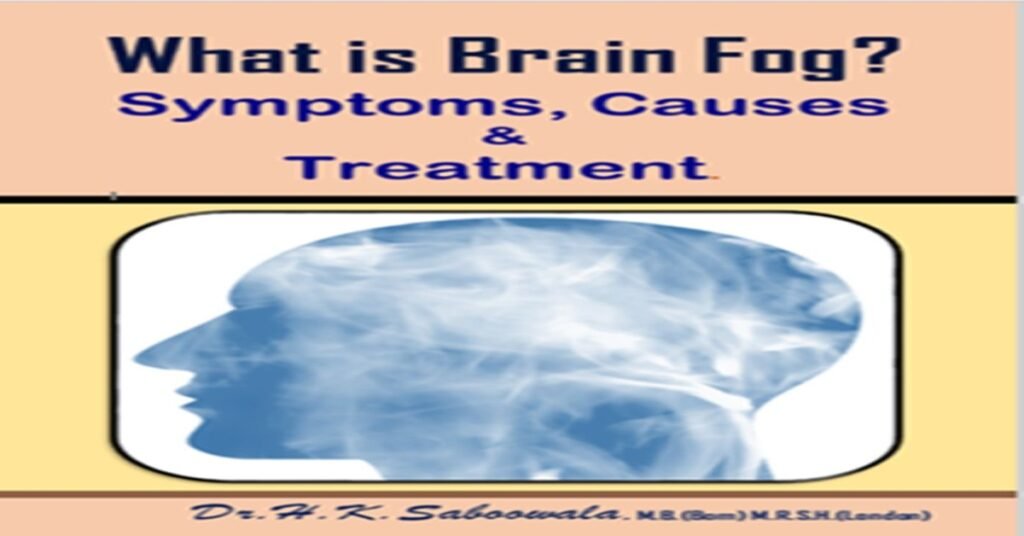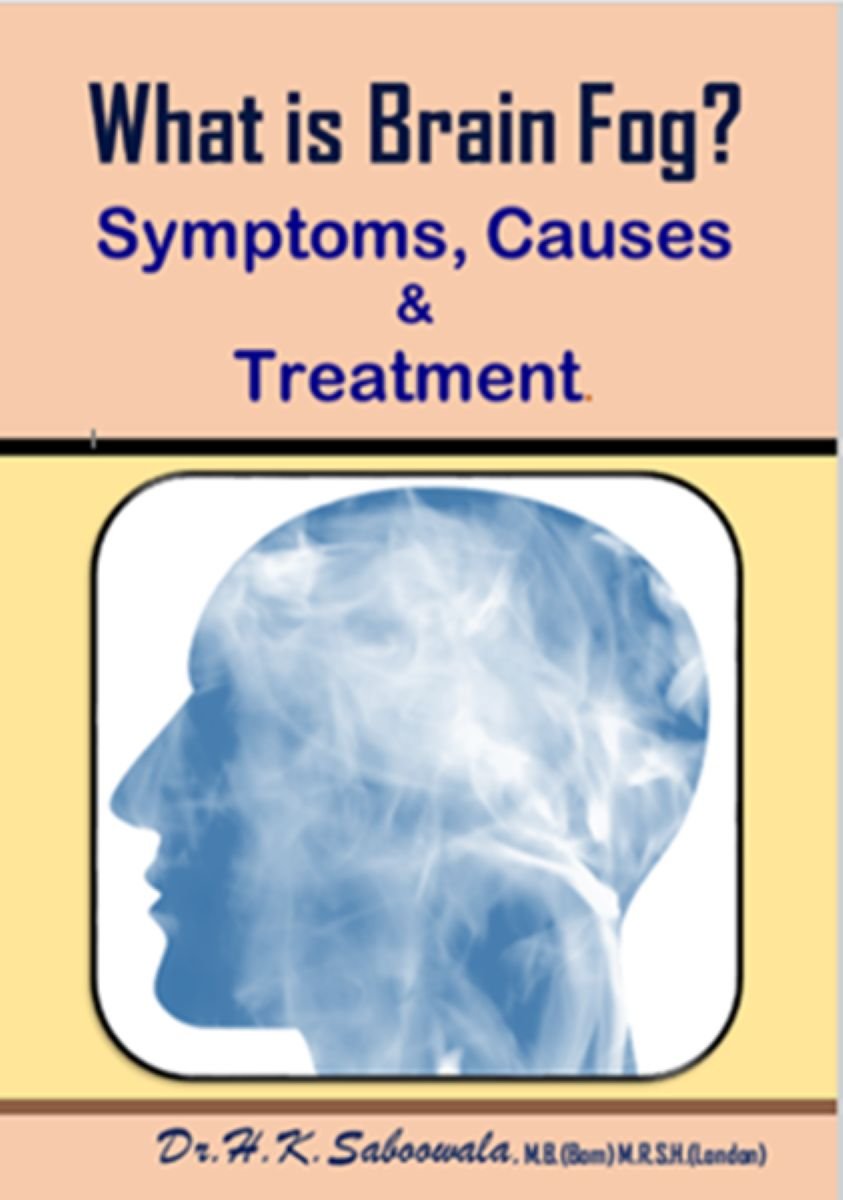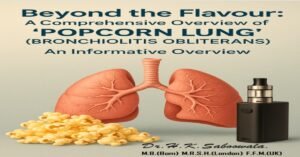For Medical Professionals, Researchers and Curious Minds
Introduction.
Brain fog is a common but often misunderstood condition, describing reduced mental clarity, memory issues, and difficulty concentrating. While not a medical diagnosis, it can significantly affect daily life and productivity.
1. Common Symptoms of Brain Fog
People experiencing brain fog often report:
- Difficulty concentrating
- Memory lapses
- Mental fatigue
- Mood instability
- Sluggish thought processing
These symptoms may worsen with stress or illness and may come and go throughout the day.
2. What Causes Brain Fog?
a. Lifestyle Triggers
- Lack of sleep impairs cognitive performance and memory.
- Poor nutrition, such as vitamin B12 or omega-3 deficiency, reduces brain function.
- Dehydration and stress also contribute.
b. Medications & Toxins
- Some medications (e.g., antihistamines, sedatives) can impair alertness.
- Alcohol and recreational drug use directly interfere with neurotransmitter function.
c. Neuroinflammation
One of the most overlooked causes is chronic neuroinflammation, often caused by:
- Autoimmune diseases (e.g., lupus, MS)
- Viral infections (e.g., long COVID, EBV)
- Gut-brain axis dysfunction
Inflammation disrupts brain signalling and weakens the blood-brain barrier, which contributes to fogginess.
3. How Is Brain Fog Treated?
Non-Pharmacological Options
- Exercise.
- Mindfulness meditation.
- Anti-inflammatory diet.
- Good sleep hygiene:
Pharmacological Research
- Nootropics show promise in clinical settings
- Anti-inflammatory drugs are being studied as future brain fog treatments
Clinical Insight: A Note from the Self-Publisher.
“Brain fog is not just a nuisance—it can reflect deeper neurological inflammation. This booklet simplifies the complex neurobiology of cognitive haze with medical illustrations and examples.”
— Dr. H. K. Saboowala, M.B.(Bom), M.R.S.H.(London)
Want to dive deeper?
Explore the full illustrated eBook:
Front cover with caption below.
What is Brain Fog? Symptoms, Causes & Treatment.
An Informative Overview.

How to Get a Book:
Visit: https://drhakimemedivault.com
OR
Scan “QR code” below to buy and explore over 350+ high-value medical titles.

Related reading:
1.Microbial Tales from the Crypt – Space Bacteria
(https://drhakimemedivault.com/space-bacteria/)
2. Excerpted from the eBook by Dr. H. K. Saboowala:
What is Brain Fog? Symptoms, Causes & Treatment.
Available now on Google Play.
Otbound Links:
You can read this content in illustrated PDF format via the LINKS:
- Scribd: https://www.scribd.com/document/891532358/What-is-Brain-Fog-Symptoms-Causes-Treatment?secret_password=SZtdW6kmgYfT2BO08ibT
- Academia.edu https://www.academia.edu/91234567/What_is_Brain_Fog_Symptoms_Causes_Treatment
- LinkedIn: https://www.linkedin.com/posts/hakim-saboowala-74b58443_home-activity-7353830642247200768-okfa?utm_source=share&utm_medium=member_desktop&rcm=ACoAAAkpUysBAT0vxZw2raQVKKb4rRvuU0B5zTg
Explore More
Further Reading & References
For readers who want to explore more about brain fog, its biological basis, and related research, the following trusted resources offer detailed insights:
- NIH Study – Inflammation and Cognitive Dysfunction
Peer-reviewed research linking chronic inflammation to impaired cognitive function and neurobehavioral changes.
2. Mayo Clinic – Brain Fog Overview
A comprehensive look at causes, symptoms, and lifestyle factors contributing to brain fog.
Medical Review of the eBook
“Brain fog is more than forgetfulness—it’s often a sign of systemic inflammation. By understanding its root causes, we can take a targeted approach to improve cognitive function.”
— Dr. Maya R. Sen, M.D., Cognitive Neuroscience Specialist, Harvard Medical School
Thank you note
With appreciation,
Dr. H. K. Saboowala
M.B.B.S. (Bom), M.R.S.H. (London), F.F.M. (UK)
Closing Note
This blog is adapted from the Published E-Booklet:
“What is Brain Fog? Symptoms, Causes & Treatment – Illustrated Overview”
by Dr. H. K. Saboowala M.B.(Bom), M.R.S.H.(London)
To explore 350+ illustrated medical booklets, visit: https://drhakimemedivault.com
Note To Readers:
This content is professionally compiled from credible medical literature and aims to serve as an educational resource for busy medicos. It does not offer medical advice or treatment recommendations.



